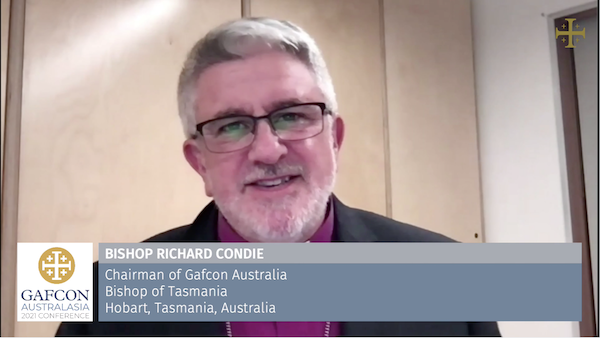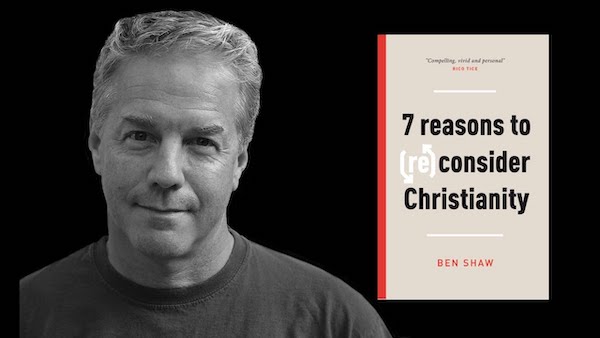Satan and the Olympics

Last Friday night’s Olympic opening ceremony was quite unlike any other in history, which is no surprise given that it was performed in front of a stadium crowd of less than a thousand people, all of whom were wearing masks.
It felt more like a funeral than a festival, with a greater focus on death and isolation than on life and community.
At the heart of the night was the singing of the atheist anthem, ‘Imagine’, where the ‘congregation’ was encouraged to conceive of a world without possessions, war, and religion.
Instead of enjoying a moment of unified and triumphant humanity, there was sober reflection upon the disappointment that Covid-19 has brought to the Olympic festival.
The world normally rejoices in the ‘higher, faster, stronger’ mantra of the Olympic spirit, but this year humanity was frail and weak in the face of the coronavirus.
If Satan’s aim in life is to distract people from the realities of life and death, then Covid-19 is the last thing in the world he’d want.
For as C. S. Lewis once noted, “God whispers to us in our pleasures, speaks in our consciences, but shouts in our pains. It is his megaphone to rouse a deaf world.”
The global suffering of SARS-COV-2 is a much-needed wakeup call to a world that has been numb from prosperity and triumphalism.
The pain of Covid has rained on the parade of atheistic humanism and it has created fertile ground for speaking of Christ Jesus and the one-and-only way to find certainty for eternity.
As we pray for relief from Covid, let us also pray that this crisis might lead many people to know Christ Jesus, who is the greatest human of all time, whose victory over sin and death brought us peace with God.
JODIE McNEILL
(Credit: France Olympique via Flickr)









